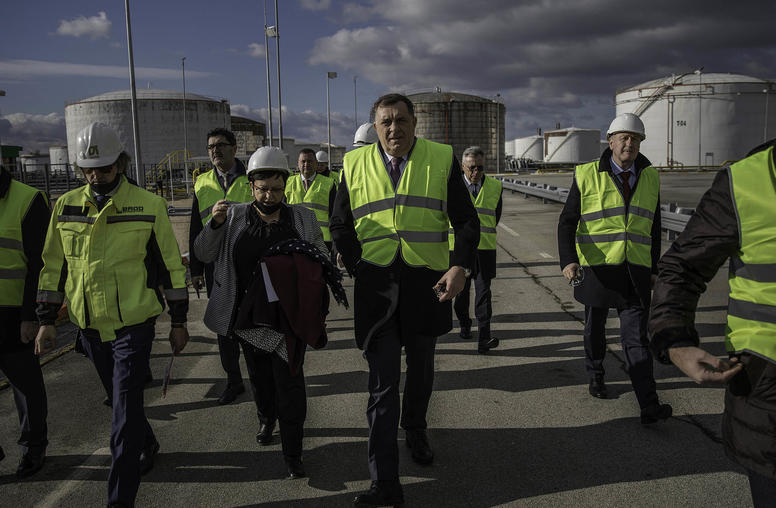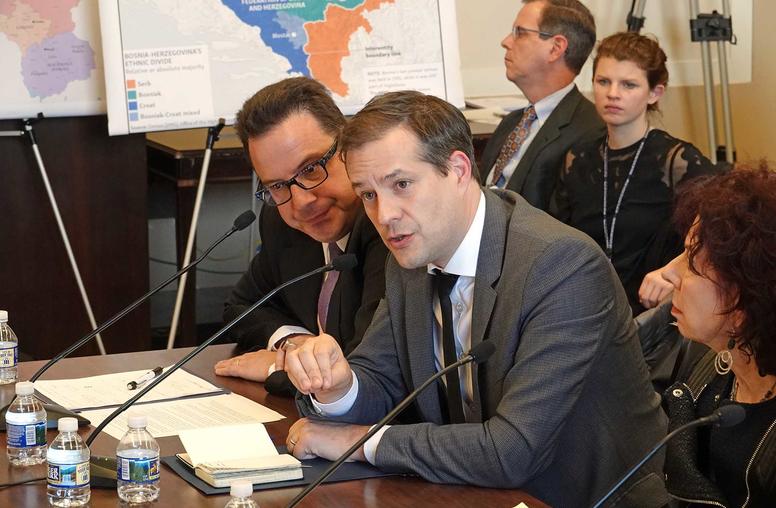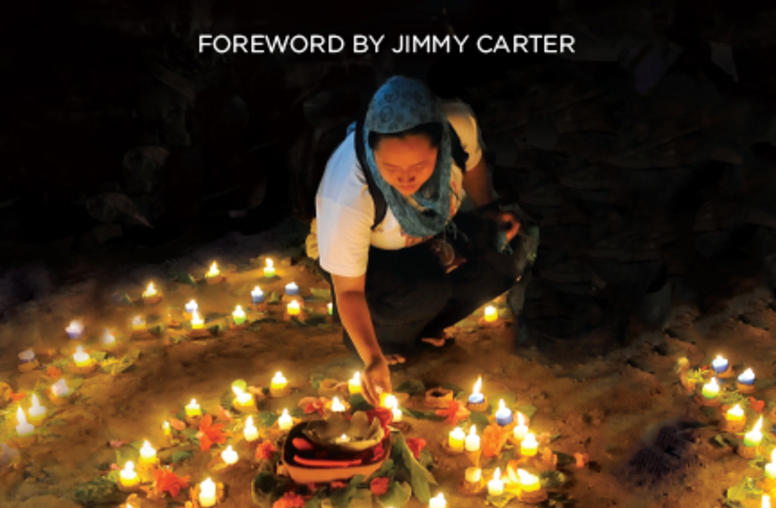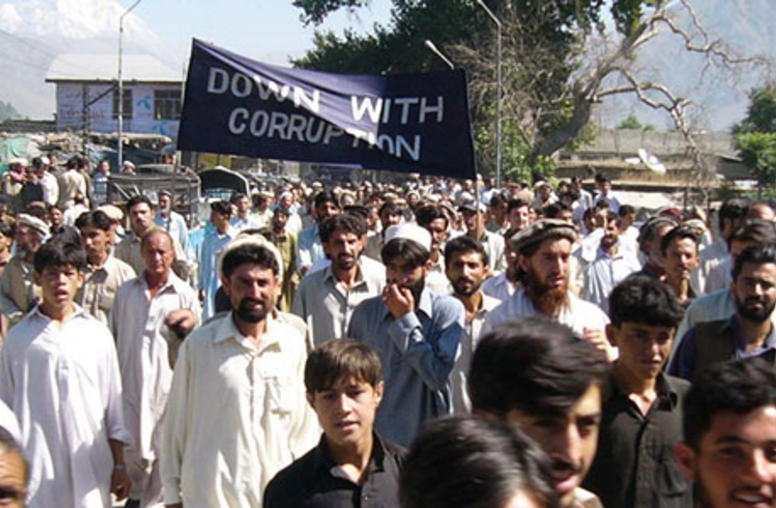Positive Complementarity: War Crimes Prosecutions in The Bosnia State Court
The Bosnia-Herzegovina State Court and the Prosecutor's Office of Bosnia-Herzegovina are unique judicial institutions, established to prosecute war crimes and organized crime in the country, including war crimes cases transferred from the International Criminal Tribunal for the Former Yugoslavia (ICTY). They are national hybrid institutions, composed of both international and national judges and prosecutors. In view of the close ties these institutions have with the ICTY, they serve as potentially important models for relationships between national and international courts, particularly in view of the complementarity principle that applies between the International Criminal Court (ICC) and national courts.
David Tolbert, who served for a number of years as the ICTY Deputy Chief Prosecutor and headed the Prosecution's Transition Team, and Aleksandar Kontic, who has worked on transition issues at the ICTY for many years and is the most senior lawyer at the ICTY from the former Yugoslavia, have worked extensively with the State Court and Prosecutor's Office. They have also recently conducted, on behalf of international donors, an extensive assessment of the State Court and Prosecutor’s Office. They will discuss the relationship between the ICTY and the State Court and Prosecutor's Office as well as their findings on the progress of the State Court’s prosecutions and its capacity to deliver justice that meets international standards.
Speakers
- Aleksandar Kontic
Legal Advisor to the International Criminal Tribunal for the former Yugoslavia on transfer cases to the Bosnia-Herzegovina State Court - David Tolbert
Senior Jennings Randolph Fellow, U.S. Institute of Peace
Former Deputy Chief Prosecutor for the International Criminal Tribunal for the former Yugoslavia - Colette Rausch, Moderator
Senior Rule of Law Advisor, U.S. Institute of Peace



